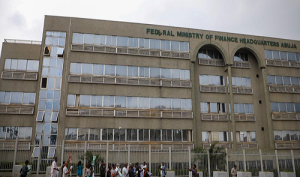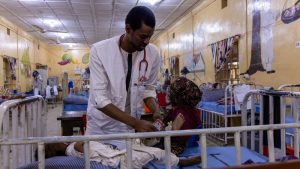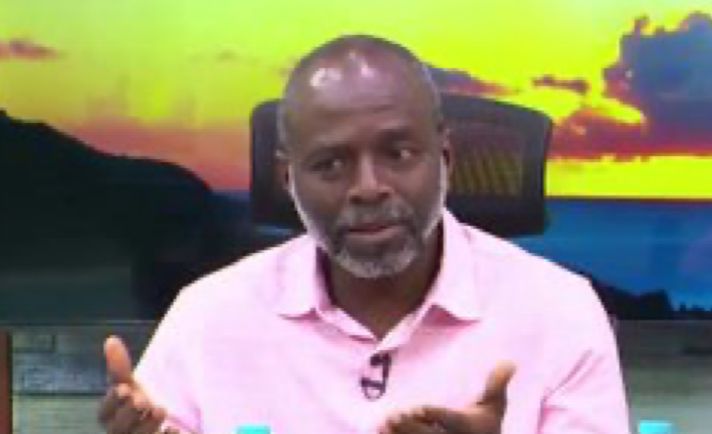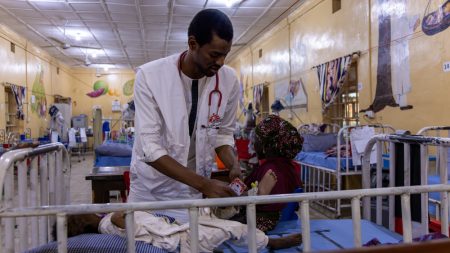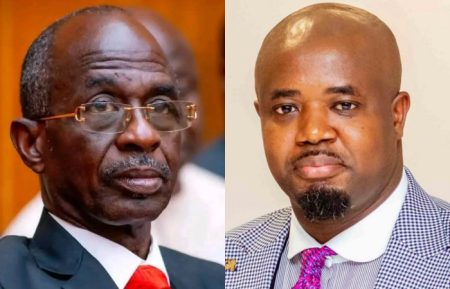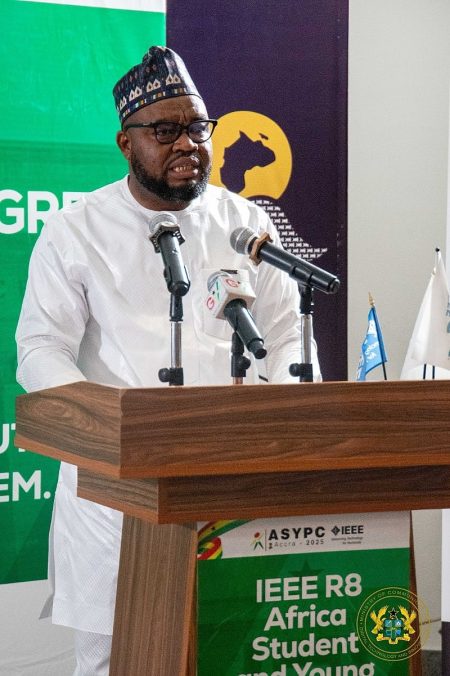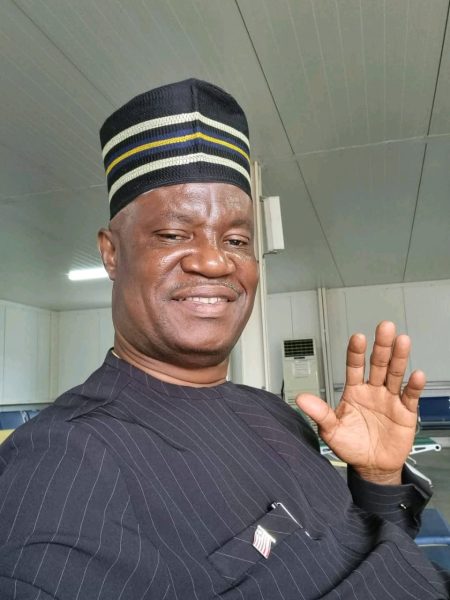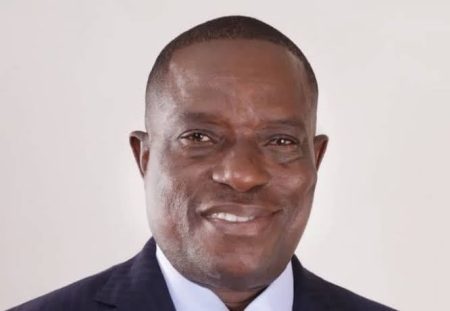The Misplaced Priorities of Ghanaian Politics: A Critique of Resource Allocation in the Fight Against Galamsey
Michael Kosi Dedey, a policy analyst and engineer, has sharply criticized the skewed priorities of Ghanaian politicians, arguing that their focus on electoral processes, specifically the recent Akwatia by-election, drastically overshadows their commitment to tackling the devastating environmental and socio-economic consequences of illegal mining, commonly known as galamsey. He contends that the significant resources, both human and financial, poured into ensuring a smooth electoral process could have been more effectively deployed to combat the pervasive menace of galamsey, which continues to wreak havoc on Ghana’s natural resources and communities. Dedey’s critique highlights a fundamental disconnect between the political class and the urgent national needs, questioning whether political self-preservation trumps the collective well-being of the nation.
Dedey’s central argument revolves around the disproportionate allocation of resources. He points to the deployment of over 5,000 police officers to Akwatia for the by-election as a stark example of misplaced priorities. He posits that such a substantial security presence, if redirected to galamsey hotspots, could have yielded significant results in curbing illegal mining activities. The sheer number of personnel, coupled with the logistical and financial support they entail, represents a considerable investment that, in Dedey’s view, could have been far more productively channeled towards addressing the long-term, destructive impacts of galamsey. This disparity in resource allocation underscores the perceived imbalance between the political importance placed on electoral success and the comparatively neglected issue of environmental protection and sustainable development.
Further emphasizing his point, Dedey draws a parallel between the high-level presence of government officials, including ministers and security personnel, in Akwatia during the by-election and the conspicuous absence of such commitment in areas ravaged by galamsey. The meticulous attention to detail and the concerted effort to ensure a peaceful and transparent electoral process, while commendable in itself, stands in stark contrast to the seemingly lackadaisical approach towards addressing the urgent and widespread problem of illegal mining. This perceived double standard fuels Dedey’s criticism, suggesting that political expediency and self-preservation take precedence over genuine concern for the nation’s long-term well-being. The stark contrast in the level of engagement underscores the disparity between political priorities and the pressing need for environmental protection.
Dedey’s critique extends beyond the mere allocation of resources. He questions the underlying motivations driving this apparent imbalance, suggesting that the political class is more invested in securing electoral victories and maintaining power than in addressing the critical issues that threaten the nation’s future. He laments the apparent lack of political will to tackle galamsey with the same fervor and dedication displayed during electoral campaigns and processes. This perceived prioritization of political self-interest over national interest forms the crux of Dedey’s argument, raising concerns about the long-term consequences of such a skewed focus. The implications of this perceived neglect extend beyond environmental damage, impacting the socio-economic fabric of communities affected by galamsey.
Despite his critical stance, Dedey acknowledges the successful execution of the Akwatia by-election, noting its peaceful and fair conduct. This acknowledgement, however, does not diminish the weight of his critique. He argues that the very fact that such a significant investment of resources can be mobilized for an electoral process, while a comparably pressing issue like galamsey continues to plague the nation, highlights a fundamental flaw in the government’s priorities. The successful by-election, while positive in itself, serves as a backdrop against which the inadequacy of the response to galamsey becomes even more pronounced. The juxtaposition of a smoothly run election and the ongoing environmental crisis emphasizes the urgent need for a reassessment of resource allocation and political priorities.
In conclusion, Michael Kosi Dedey’s critique of the Ghanaian political landscape centers on the apparent disconnect between the prioritization of electoral processes and the comparatively neglected issue of galamsey. He argues that the significant resources invested in ensuring a smooth and transparent by-election could have been more effectively deployed in combating the destructive consequences of illegal mining. His critique extends beyond mere resource allocation, questioning the underlying motivations driving this perceived imbalance. He suggests that the political class’s focus on electoral success overshadows their commitment to addressing critical national issues, raising concerns about the long-term implications of such misplaced priorities. While acknowledging the successful execution of the Akwatia by-election, Dedey maintains that the very fact that such resources can be mobilized for an electoral process while galamsey continues unabated underscores a fundamental flaw in the government’s approach. He calls for a reassessment of priorities, urging a shift towards a more balanced approach that prioritizes the long-term well-being of the nation over short-term political gains.


